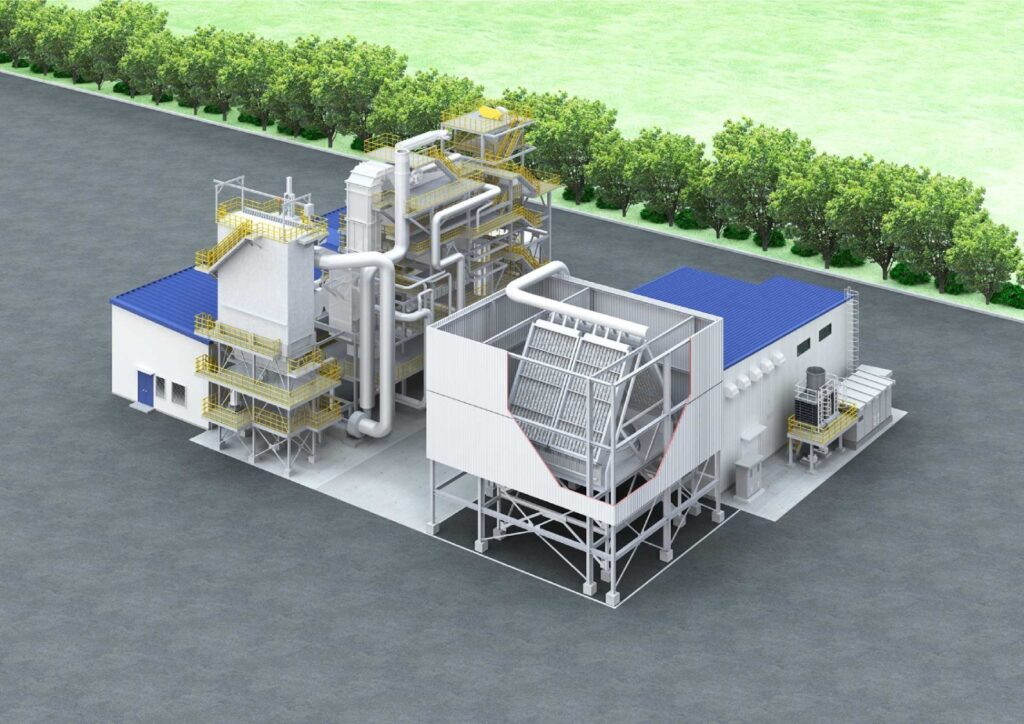Global Technology company Epson has announced plans to construct the company’s first biomass power plant, in Iida City, in Nagano Prefecture, Japan.
Epson hopes to have the plant in operation in the 2026 fiscal year [ending March 2027] and is moving to secure the land and buildings, contract construction, and file the paperwork for power generation.
Epson publicly committed to becoming carbon negative and underground resource free in Environmental Vision 2050. The use of renewable electricity is a key means by which Epson seeks to reach its goal of decarbonization and, in December 2023, Epson completed the switch to 100% renewable electricity at all Epson Group sites around the world.
The new power plant is intended to provide Epson with self-generated renewable electricity on a continuous basis and reduce the ratio of electricity the company purchases from external power companies, thereby promoting wider public adoption of renewable electricity.
“Sustainability and environmental concerns play a pivotal role in shaping the printer manufacturing industry, and Epson has been attuned to the escalating demand for eco-conscious printing solutions. With businesses and individuals increasingly prioritizing measures to diminish their carbon footprint, the establishment of a biomass power plant seamlessly aligns with Epson’s steadfast dedication to sustainability,” noted Mukesh Bector, Regional Head for East and West Africa.
The electricity generated will be sold to the market under a feed-in premium [FIP] scheme, and Epson will convert the electricity that it uses into renewable electricity by leveraging the environmental value created through power generation. Moreover, the power is expected to be supplied to local facilities in the event of a disaster or other emergency.
The power plant will not depend on fossil fuels. It will be fueled primarily by unused wood from the Minami Shinshu area, as well as by materials such as tree bark, mushroom culture medium, and some waste wooden pallets from Epson. By utilizing wood and bark from neglected forests, Epson will also be contributing to forest maintenance.
Construction of this power plant will increase the ratio of self-generated power and meet the technical criteria of RE100, which emphasizes additionality. In the future, Epson aims to create a closed-loop power plant, including by developing technology for the fixation and utilization of CO2 produced during power generation.







More Stories
Powerful Printing Made Easy: Meet the Epson EcoTank L6550
PANG’s Solar Revolution: Powering the Future of Broadcast with Efficiency & Reliability
Kabogo Engages Kenya-AIST on Science and Technology Advancement